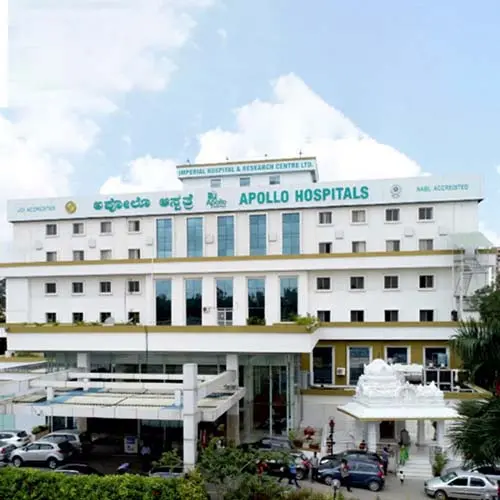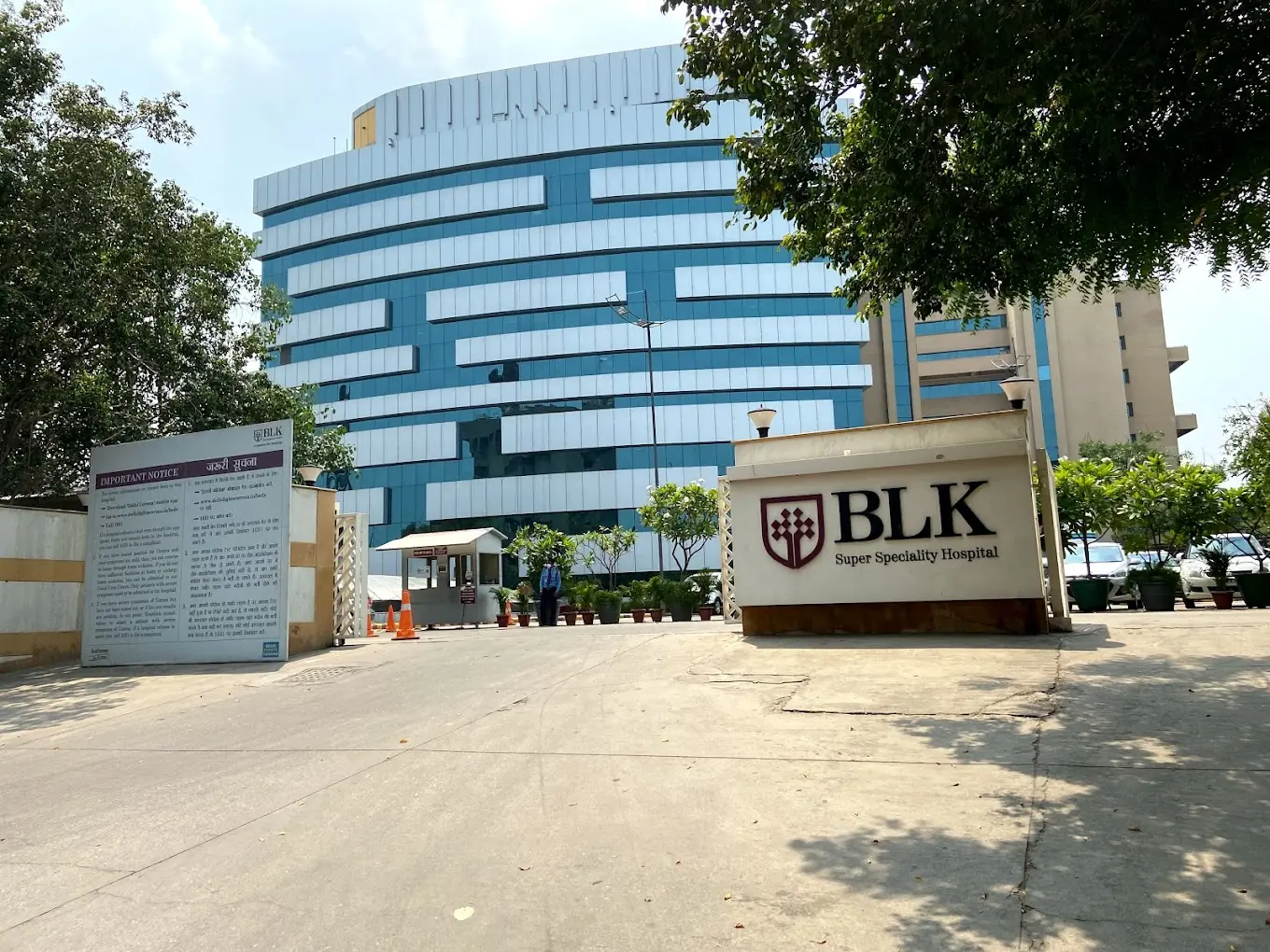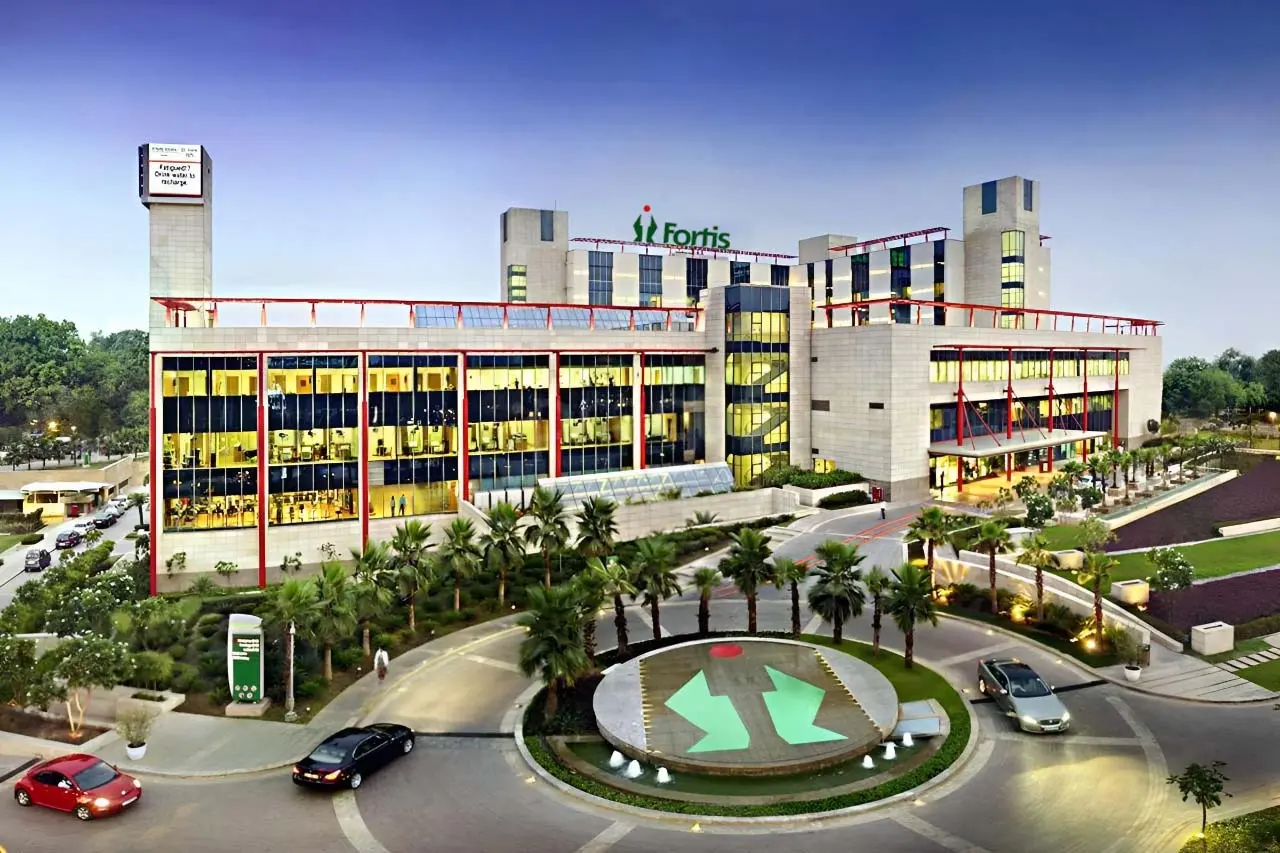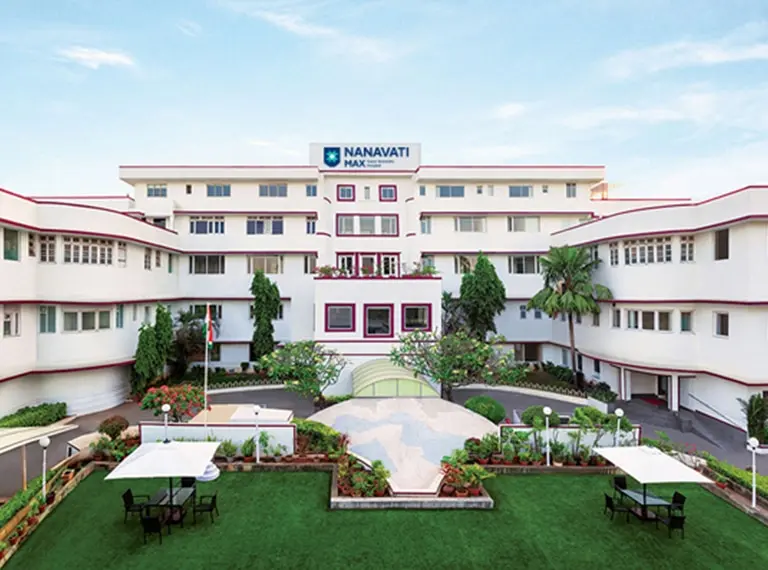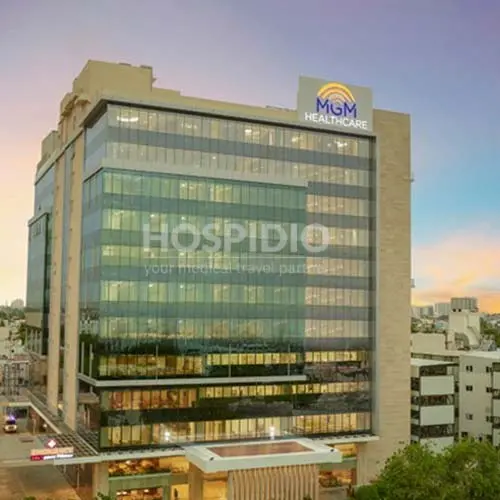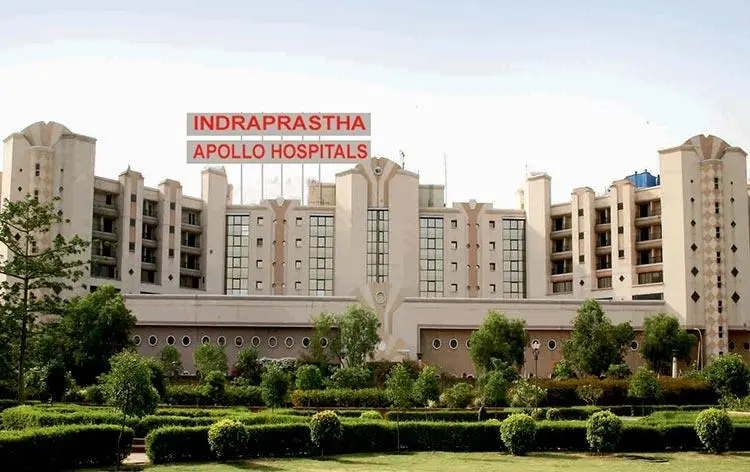Intestine Transplant cost in India
Intestine transplant surgery cost in India ranges between $47,000 and $55,000, which is approximately equivalent to 39,95,000 to 47,50,000 INR. The overall cost is significantly lower than in the USA or Europe, where similar procedures may exceed a total of about $300,000. This makes India a viable option for international patients seeking high-quality, life-saving intestinal transplant surgery at a more affordable price.
Cost Range of Intestine Transplant cost in India
What is an intestine transplant?
An intestine transplant is a surgical procedure in which a diseased or non-functioning small intestine is replaced with a healthy intestine from a donor. This life-saving surgery is typically recommended for patients with severe intestinal failure who can no longer absorb nutrients or fluids properly, even with the help of total parenteral nutrition (TPN), a method of feeding through an IV.
The transplant can involve just the small intestine or be part of a multi-organ transplant, such as a liver-intestine or multi-visceral transplant, depending on the extent of organ damage. Intestinal failure may result from conditions like short bowel syndrome, Crohn’s disease, trauma, blood vessel disorders, or congenital defects.
This complex procedure is performed in specialised transplant centres, often by a team of experts including gastroenterologists, transplant surgeons, nutritionists, and critical care specialists. With improved surgical techniques, immunosuppressive therapies, and post-operative care, the success rate of intestine transplants has significantly increased in recent years, giving patients a chance at long-term survival and improved quality of life.
Get a free cost estimate
Who is a candidate for intestine transplant in India?
A candidate for a small bowel transplant in India typically meets the following criteria:
Primary Indications for Intestine Transplant
Chronic Intestinal Failure
- Patients who suffer from short bowel syndrome (SBS) due to surgical removal of large portions of the intestine.
- Conditions like Crohn’s disease, mesenteric ischemia, trauma, or congenital defects (in children) that lead to intestinal loss or dysfunction.
TPN-Related Complications
- Severe liver dysfunction or failure caused by long-term dependence on total parenteral nutrition.
- Frequent catheter-related infections or loss of venous access due to repeated TPN use.
Motility Disorders
- Patients with intestinal pseudo-obstruction or severe dysmotility who are no longer responsive to medical therapy.
Eligibility Criteria
Age: Suitable for both children and adults, depending on medical stability.
Life-threatening Nutritional Compromise: Inability to maintain nutrition and hydration through oral or tube feeding.
Failed Medical Management: When TPN and surgical interventions can no longer sustain the patient’s health or quality of life.
No Active Infections or Malignancy: Candidates must be free of uncontrolled infections and certain cancers.
Good Cardiac and Pulmonary Function: To tolerate the demands of major surgery.
Psychological and Emotional Readiness: To adhere to lifelong follow-up, medications, and lifestyle changes.
Types of Intestine Transplant in India and Cost
Here is an overview of the common types of Intestine Transplant along with their approximate cost range in USD:
Type of Transplant | Overview | Estimated Cost (USD) |
Isolated Intestinal Transplant | Transplant of the small intestine alone, typically recommended when intestinal failure exists without liver damage. | $60,000 – $75,000 |
Combined Liver-Intestine Transplant | This procedure involves replacing both the liver and small intestine, especially in patients with liver failure caused by prolonged TPN (Total Parenteral Nutrition). | $75,000 – $85,000 |
Multivisceral Transplant | A complex operation involving transplantation of multiple abdominal organs such as the intestine, liver, stomach, and pancreas. Often considered for extensive disease or abdominal tumors. | $80,000 – $100,000 |
Get a free cost estimate
Intestine Transplant Cost in India Inclusions
- Donor and patient investigations before surgery
- Surgeon fee, OT charges, anesthesia
- Pre-operative outpatient consultations
- Routine drugs and consumables required during hospitalization
- Pre-anesthesia check up and clearance
- Hospital stay and meals as per the package
Intestine Transplant Cost in India Exclusions
- Hotel stay, meals and flights
- Extended hospital stay
- Post-operative follow-ups and medical management
- Post-operative dressing and nurse visits
- Any blood products
- Complications management
- Treatment for any other underlying medical conditions
- Any complex investigations
- Anything not covered in the package
Other Factors Affecting Intestine Transplant Surgery Cost in India
- Age of the patient and diagnosis
- Choice of location, doctor and hospital
- Pre-existing medical history
- Type of intestine transplant
- Overall patient status and condition at the time of transplant
Diagnostic Tests for Intestine Transplant Surgery in India
Type of Test | Purpose | Estimated Cost (USD) |
Comprehensive Blood Panel | Assesses liver and kidney function, electrolytes, blood counts, clotting profile, and nutritional status. | $200 – $300 |
Infection Screening (HIV, HBV, HCV, TB) | Checks for active infections that may impact transplant safety or post-op recovery. | $100 – $200 |
Immunological Testing (HLA Typing, PRA) | Evaluates compatibility between donor and recipient and detects any preformed antibodies. | $300 – $500 |
Cardiac Evaluation (ECG, Echo, Stress Test) | Ensures the heart is strong enough to handle the stress of surgery. | $400 – $800 |
Radiological Imaging (CT, MRI, Ultrasound) | Examines abdominal organs, checks vascular supply, and detects any complications or abnormalities. | $800 – $1,200 |
Nutritional and Gastrointestinal Assessment | Measures malnutrition levels, absorption capacity, and gastrointestinal function. | $200 – $400 |
Psychosocial and Psychiatric Evaluation | Ensures the patient is emotionally and mentally prepared for the transplant process and recovery. | $100 – $200 |
Why Is India Preferred as One of the Best Countries for Intestine Transplant?
India is increasingly recognised as one of the best countries for small bowel transplant surgery because it combines advanced medical infrastructure, highly qualified surgeons, and cost-effective treatment. The country’s transplant centres are staffed by experienced teams trained in leading global institutions, capable of managing even the most complex cases of intestinal failure with precision and care.
One of the key advantages is the short waiting time, often just 1 to 2 months, which is significantly faster than in many Western countries. This means patients can receive timely treatment, improving their chances of recovery and long-term success. India’s medical facilities are equipped with modern intensive care units, advanced imaging technology, and dedicated transplant programmes that follow strict international protocols for patient safety and ethical standards.
Another factor that makes India a top choice is affordability. The cost of an intestine transplant in India is typically 60 to 70 percent lower compared to the United States or the United Kingdom, without compromising on quality. The country also benefits from a well-organised organ donation system through the National Organ and Tissue Transplant Organisation (NOTTO), which supports both cadaveric (deceased donor) and living donor transplants.
Comprehensive post-transplant care, including regular monitoring, nutritional guidance, and rehabilitation, further strengthens patient outcomes. With skilled surgeons, advanced technology, shorter waiting times, and an emphasis on personalised care, India has become one of the most trusted destinations for successful intestine transplant procedures.
Best Intestine Transplant Surgery Hospitals in India
FAQs
An intestine transplant is a surgery where a diseased or non-functioning small intestine is replaced with a healthy intestine from a donor. It helps patients who cannot absorb food and nutrients properly due to severe intestinal problems.
This surgery is usually recommended for patients who have:
- Short bowel syndrome (missing or damaged intestine)
- Severe intestinal failure
- Dependence on long-term IV nutrition (TPN)
- Life-threatening complications from TPN, such as liver damage or infections
There are mainly three types:
- Isolated intestinal transplant – only the small intestine is transplanted.
- Combined liver-intestine transplant – both intestine and liver are transplanted.
- Multivisceral transplant – intestine plus stomach, pancreas, or other organs are transplanted.
Success rates have improved a lot due to advanced surgical techniques and better medicines. Many patients can eat normally again and enjoy a better quality of life after the surgery.
Doctors will check your overall health through:
- Blood tests
- Imaging scans
- Heart and lung evaluation
- Nutrition tests
- Infection screening
Organs are allocated through the NOTTO (National Organ & Tissue Transplant Organization) system. Patients are put on a waiting list, and when a suitable donor is available, the transplant is performed.
- Highly skilled transplant surgeons
- Advanced technology and world-class hospitals
- Affordable cost compared to other countries
- International patient support services


